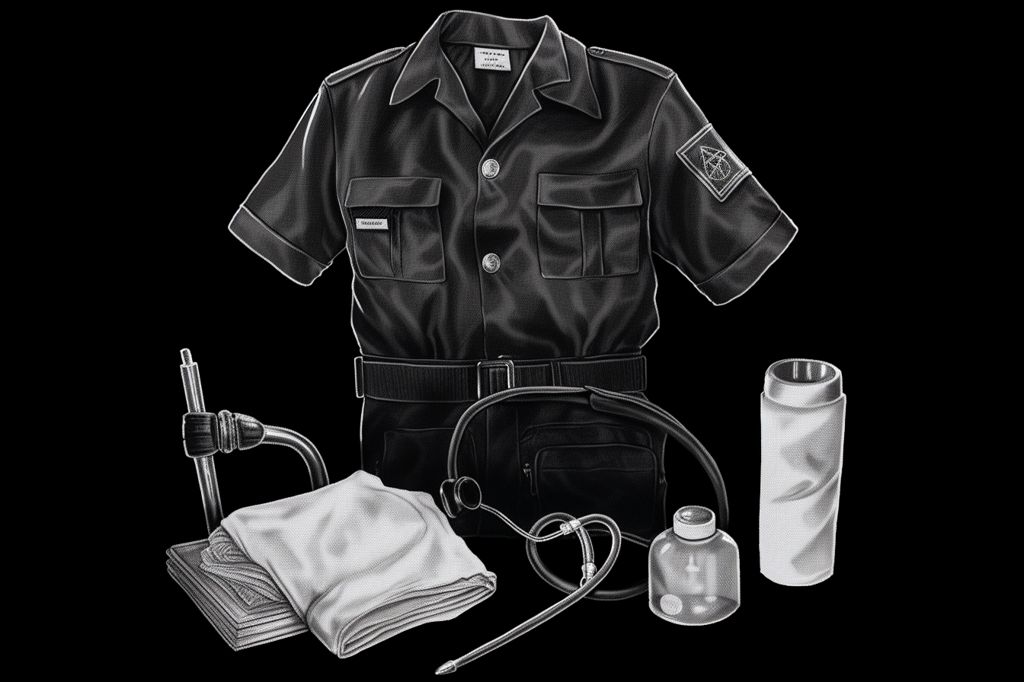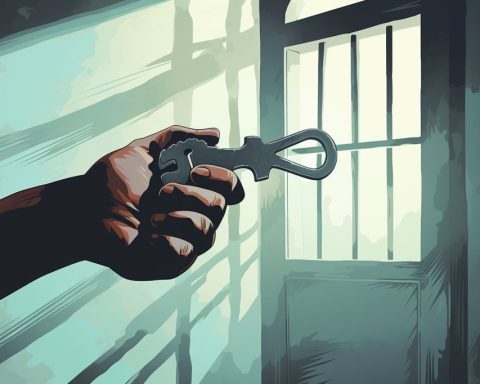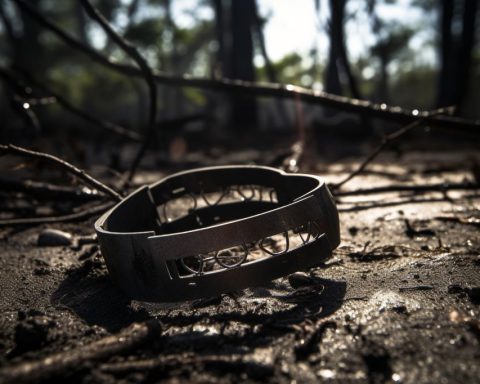The recent case of organ harvesting in Tanzania has brought to light the dark side of witchcraft and mutilation in the country. The incident involved premature twin babies who were found mutilated, with their organs allegedly harvested by four nurses.
The Tragic Incident and its Causes
The mother of the infants was devastated and shocked to discover the horrifying scene, which was linked to a deeply entrenched belief in some communities that organ harvesting can bring good luck, health, and supernatural powers. The arrested nurses are facing charges for their alleged involvement in the organ harvesting and have been suspended from their duties as public servants.
A hospital report indicated that the twins died due to a lack of neonatal care services, which were unavailable at the hospital upon their birth. Organ harvesting is not a new phenomenon in Tanzania, and people living with albinism have found themselves targeted by criminals who place a hefty price on their heads. Criminals reportedly sell sets of organs to wealthy buyers for $75,000, with body parts used for amulets or concoctions believed to bring good fortune, health, wealth, and even supernatural powers to those who use them.
Vulnerable People and Dangerous Beliefs
Individuals with albinism face social alienation in Tanzania, enduring name-calling, stigma, and even being blamed for natural disasters such as droughts or locust invasions. The recent incident is a tragic reminder of the urgent need to protect vulnerable people and dismantle dangerous beliefs that perpetuate such heinous crimes.
The Silent but Deadly Trade
The Institute for Security Studies (ISS) reported a silent but deadly trade of human organs in Tanzania last year. The body parts of children and adults, both alive and deceased, were sold in black markets, allegedly for witchcraft purposes. The deeply rooted beliefs in witchcraft and the illegal organ trade pose a significant threat to human rights and the rule of law in Tanzania.
Taking Decisive Action
As Tanzania grapples with these harrowing incidents, it is crucial to take decisive action to address the illegal organ trade and deeply rooted superstitions. The government and civil society must work together to raise awareness about the dangers of organ harvesting and witchcraft and promote respect for human rights and the rule of law.
The tragic case of organ harvesting involving the nurses and the twin babies highlights the urgent need to protect vulnerable people and dismantle dangerous beliefs that perpetuate such heinous crimes. It is essential to address this issue promptly to prevent any further loss of innocent lives and uphold human rights and the rule of law in Tanzania.












